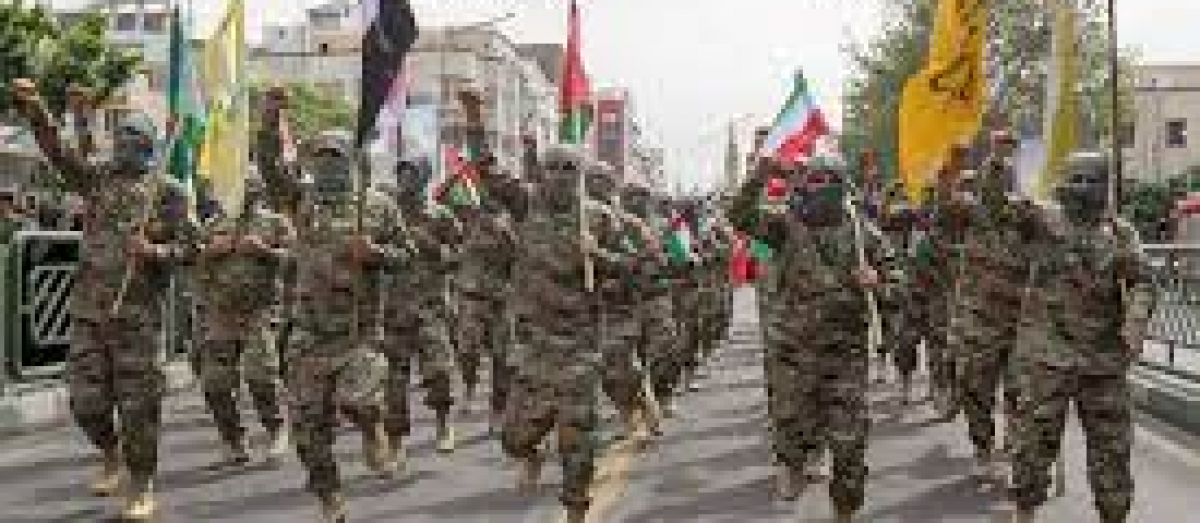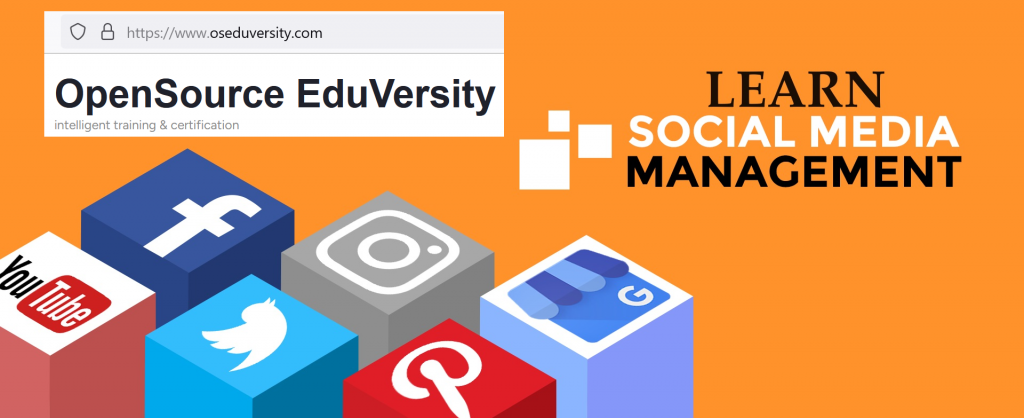
Remember this, I said this on the day of the attack… “This is why we saw the latest assault against Israel – to push Israel to a point where their response would turn the peacemakers against Israel” Read a related article here

Now, regional rivals – the American proxy, Saudi Arabia and Russian/Chinese partner Iran- will meet to discuss a united Islamic response to what is seen by many as war crimes committed by Israel.
In a rare move signaling a potential thaw in regional relations, Iranian President Ebrahim Raisi is set to visit Saudi Arabia, attending the Organization of Islamic Cooperation (OIC) summit in Riyadh. This visit marks the first by an Iranian head of state to Saudi Arabia since the recent reconciliation facilitated by China in March, ending years of hostility between the two regional powerhouses.
Background: Iran-Saudi Arabia Relations
The relationship between Iran and Saudi Arabia has been characterized by deep-seated rivalry, stemming from religious, political, and economic differences. Iran, a predominantly Shia Muslim country with a theocratic government, and Saudi Arabia, a Sunni Muslim monarchy, have often found themselves on opposing sides of various conflicts in the Middle East. This division has significantly influenced the geopolitical landscape of the region, with both nations exerting considerable influence over a range of issues from oil politics to religious leadership.
Significance of the Visit
The attendance of President Raisi at the OIC summit in Riyadh is a highly significant development for several reasons:
1. Diplomatic Reconciliation: The visit underscores the diplomatic strides made since the China-brokered deal in March, hinting at a possible easing of tensions that have long plagued the Gulf region.
2. Focus on the Israel-Palestine Conflict: The summit’s agenda, focusing on the Palestine issue, indicates a collective regional effort to address one of the most enduring and contentious conflicts in the Middle East. The recent escalation of violence, marked by Hamas militants’ attacks in southern Israel and the subsequent Israeli military responses in Gaza, has heightened the urgency for dialogue and resolution.
3. Regional Stability and Security: Iran and Saudi Arabia, as leading regional actors, have often backed opposing sides in conflicts across the Middle East, from Yemen to Syria. Their willingness to engage in dialogue and potentially harmonize their approaches could pave the way for more concerted efforts in resolving these conflicts and enhancing regional stability.
4. Global and Humanitarian Concerns: The alarming humanitarian conditions in Gaza, exacerbated by the ongoing conflict, have drawn global attention. The death toll and the severe impact on civilians underscore the need for immediate and effective diplomatic intervention. The OIC summit presents a critical platform for addressing these humanitarian concerns.
Looking Ahead
The visit of President Raisi to Saudi Arabia could mark the beginning of a new chapter in Middle East diplomacy. While the longstanding rivalry between Iran and Saudi Arabia is unlikely to be resolved overnight, their engagement in a multilateral setting like the OIC is a positive step towards addressing some of the region’s most pressing issues. The world will be watching closely as these two regional rivals navigate their complex relationship in a rapidly changing geopolitical landscape.
As the OIC summit unfolds, the focus will be not only on the immediate crisis in Israel and Palestine but also on the broader implications of Iran-Saudi rapprochement for peace and stability in the Middle East. The potential for these talks to influence the course of regional politics and conflict resolution efforts cannot be overstated.




